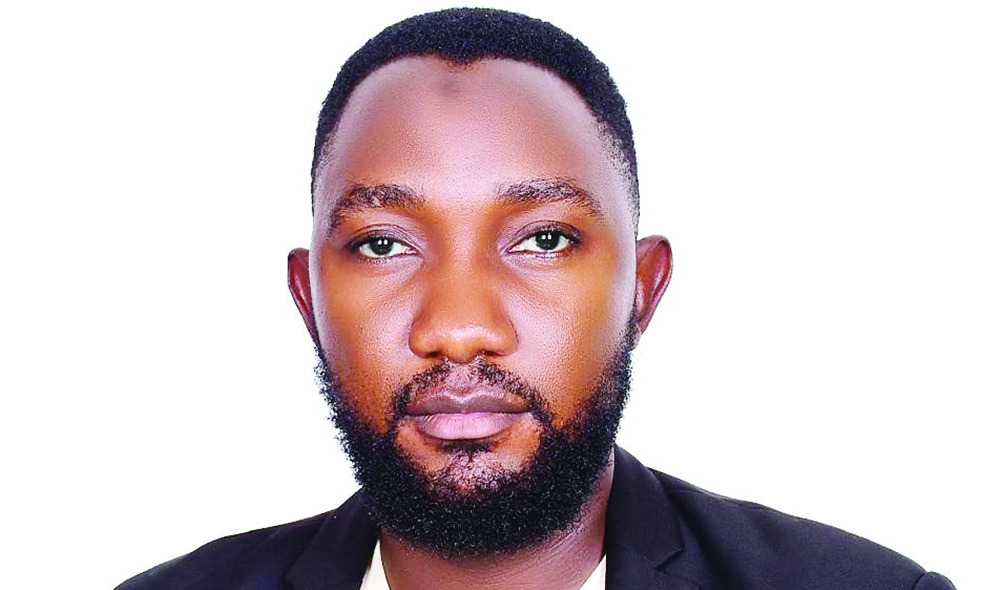What Muhoozi’s influence means to Uganda’s governance trajectory
Apr 26, 2024
Such appointments are not exclusive to Uganda; numerous political figures worldwide have entrusted positions of power to family members. However, what sets this appointment apart is its strategic significance in shaping Uganda’s political landscape.

Samrah Kasozi
Admin .
@New Vision
______________
OPINION
By Samrah Kasozi
The recent appointment of Gen. Muhoozi Kainerugaba, son of President Yoweri Museveni, as Chief of Defence Forces (CDF) has sparked a resurgence of discussions about Uganda’s political future.
This move has not only reshaped the dynamics within the country’s military hierarchy, but also fuelled speculations about succession. Contrary to claims associating Muhoozi’s appointment with succession plans, it is imperative to recognise the broader context.
The deputy presidential press secretary, Faruk Kirunda, rightly points out that Muhoozi’s Ugandan nationality disassociates his appointment from mere nepotism or succession manoeuvres.
Such appointments are not exclusive to Uganda; numerous political figures worldwide have entrusted positions of power to family members. However, what sets this appointment apart is its strategic significance in shaping Uganda’s political landscape.
Gen. Kainerugaba is the eldest son of President Museveni, who also has three daughters. The name ‘Muhoozi’ means “the avenger” as the President said some time back.
Muhoozi has attended top military schools in the United States and Britain. He has also served as the commander of the land forces and as the head of an elite unit of special forces responsible for protecting the President and VIPs. Muhoozi’s elevation to the helm of the military apparatus is not an isolated event, but a piece in a larger puzzle of political manoeuvring.
Muhoozi’s diplomatic mission to Rwanda at his father’s request showcased his role as a trusted envoy, fostering dialogue and reconciliation. His engagement with President Paul Kagame yielded positive outcomes, facilitating the easing of tensions that had worsened for three years, hence contributing to regional stability.
Muhoozi’s dedication to peace underscores his leadership and diplomatic skills.
What shouldn’t also be taken lightly is the recent alignment of Muhoozi’s Patriotic League of Uganda (PLU) key figures in the recent cabinet reshuffle, such as Balaam Barugahara and Lillian Aber that underscores a concerted effort to consolidate support for Muhoozi’s presumed political ambitions. Balaam’s unwavering loyalty and mobilisation prowess among the youth present Muhoozi with a formidable constituency, vital for any aspiring leader, especially in a country where the majority of the population is young.
Moreover, Muhoozi’s venture into politics, evident through his involvement in the PLU, signifies a strategic shift towards a more public role. His recent tweet hinting at a presidential bid for the 2026 elections further underscores his political aspirations.
However, the subsequent deletion of the tweet highlights the complexities of navigating the transition from military to political spheres. It reflects the delicate balance that Muhoozi must strike between maintaining military discipline and engaging in political discourse.
The interplay between Muhoozi’s military background and political ambitions presents both opportunities and challenges for Uganda’s governance.
On one hand, Muhoozi’s military pedigree and strategic positioning within the armed forces provide him with a significant power base and institutional leverage.
His control over the military apparatus, coupled with political support, consolidates his influence and sets the stage for potential leadership succession. Furthermore, Muhoozi’s ascension to power, whether through electoral means or otherwise, will be closely scrutinised.
The conduct of the Ugandan military under his command will be a litmus test for Uganda’s commitment to democratic norms and civilian control of the armed forces. Any signs of coercion or undue influence on the political process risk undermining Uganda’s credibility and stability.
In conclusion, the trajectory of Uganda’s governance hinges significantly on the evolving influence of Gen. Muhoozi. His strategic positioning within the military, coupled with political ambitions, reshapes the dynamics of power and succession in Uganda.
However, the realisation of Muhoozi’s political aspirations must navigate a complex terrain marked by institutional constraints, public scrutiny and the imperative of upholding democratic principles. As Uganda approaches a critical juncture in its political evolution, the role of Muhoozi will undoubtedly be central in shaping its future trajectory.
The writer is a junior scholar and expert on Uganda-Middle East relations project with the Lincoln Institute of Diplomacy and International Relations, Uganda

No Comment